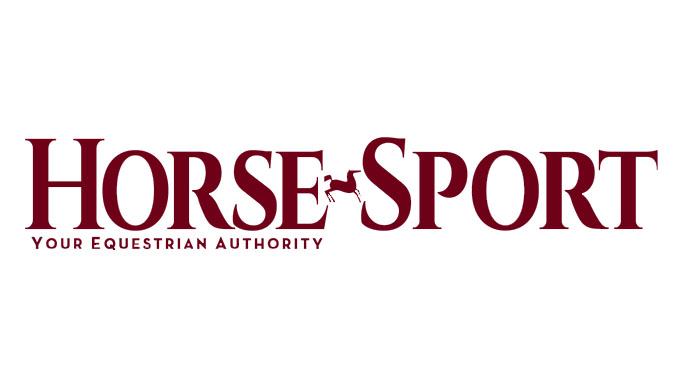At the CEI Greenway Gallivant held in Dunnellon, Fla., Jan. 1–3, 2015, Canadians earned great finish times in the CEI 1* 80 km and CEI 2* 120 km races. In the CEI2* 120 km race held on Jan. 2, Wendy MacCoubrey of St. Justine de Newton, Que., finished in a time of 7:58:42 for fourth […]
Mark Bellissimo announced last month that he and his partners in the Palm Beach International Equestrian Center, which operates Winter Equestrian Festival and the Global Dressage Festival in Wellington, Florida, had signed a deal to acquire the Colorado Horse Park. The Colorado Equestrian Partners includes Mark and Katherine Bellissimo, Roger and Jennifer Smith, Howard and […]
The FEI has two classifications for prohibited substances; they are either banned, or they are a controlled medication. Keep reading to find out more.
While many horse owners struggle to keep their easy keepers lean, others have the opposite problem: their horses need to gain weight.
Longland, Barfoot and Harris have conducted extensive research on non-structural carbohydrates (NSC) in forages and feeding management. Their most recent work is forthcoming in the Veterinary Record (doi:10.1136/vr.101820), titled Effect of period, water temperature and agitation on loss of water-soluble carbohydrates and protein from grass hay: implications for equine feeding management. The study examined four […]
Nagy, Murray and Dyson recently published a study in the first issue of the 2014 Equine Veterinary Journal (Volume 46, pages 38-44), titled Descriptive epidemiology and risk factors for eliminations from Fédération Equestre Internationale endurance rides due to lameness and metabolic reasons (2008-2011). In light of the upcoming Alltech World Equestrian Games in Normandy, France […]
Travel is very stressful on horses, especially long-haul ground trips or flights. There is evidence to suggest that cortisol increases with such travel.
Equine nutritionist Shannon Pratt-Phillips, Ph.D., says a hot horse may benefit from being fed and managed to attenuate blood glucose responses to feeding.
There are some inherent changes to an older horse's nutrient needs, further complicating the situation are changes to the horse's teeth, behaviour, etc.
Fortified with protein, vitamins and minerals, commercial feeds help meet the horse’s nutritional needs where cereal grains alone might be lacking.







